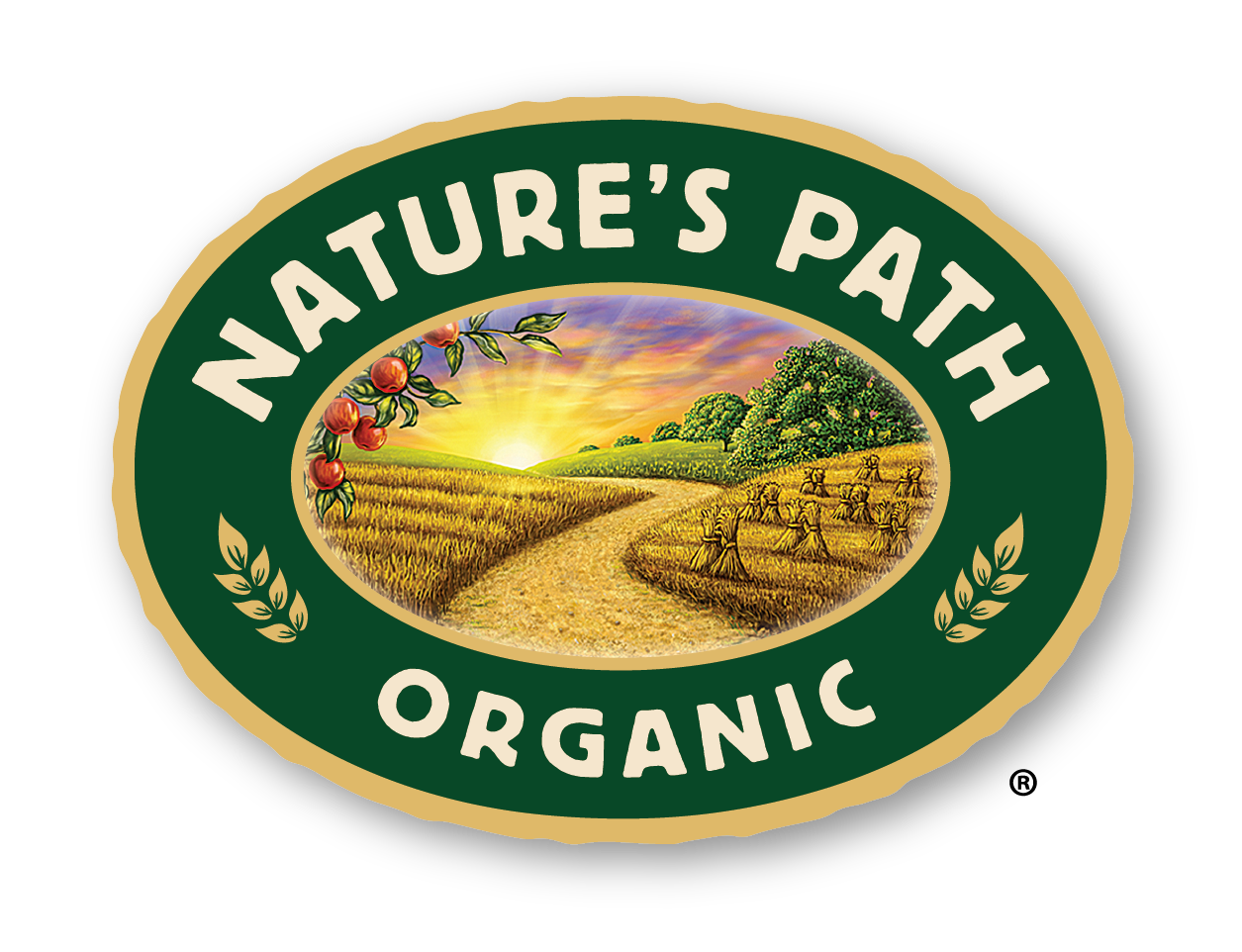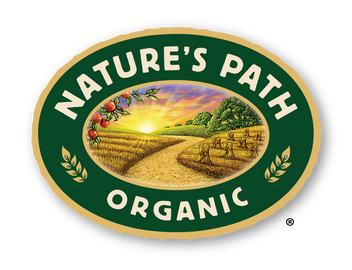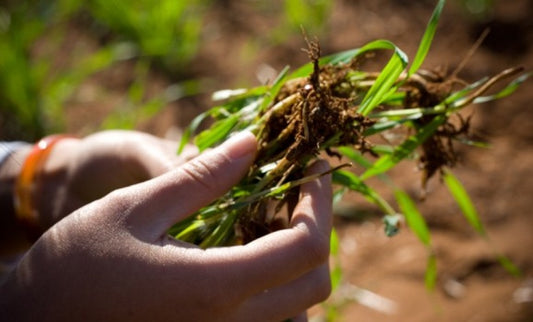The term “organic” on a food or beverage label is more important to look for than most of the other feel-good marketing terms you may see (such as natural, sustainable, or eco-friendly) as only “organic” has a legal, enforceable, verified meaning. Buying
organic foods and beverages is a way of buying trustworthiness. Even if you don’t know the farmer, producer, or distributor of your food personally you can be sure that a third party certifying agency has scrutinized their records and visited their farm or facility to make sure they are telling you the truth. From the farmer’s and producer’s point of view, organic certification and using an official organic seal on their labels is their way of promising you that they are doing everything they can to grow and produce the
best and safest foods and beverages for you and your family. Short of having your own farm or spending a lot of time investigating your local farms,
certified organic foods and beverages are as close as you can get to guaranteeing that that the foods and beverages you buy and feed to your family are safe, healthful, and clean. When you pick up something bearing the
USDA ORGANIC label or the
CANADA ORGANIC-BIOLOGIQUE CANADA label you know that it was:
1. Nourished with natural organic fertilizers and soil amendments
And that:
2. No sewage sludge was ever used
3. The use of insecticides, fungicides, or weed-killers are strictly monitored
4. No synthetic post-harvest treatments were used
If/when it was processed:
5. Only certified organic agricultural products were used*
6. No artificial colors, flavors, or preservatives were added
7. It wasn’t irradiated
8. No intentional use of GMOs were allowed
Organically raised food tastes great and:
9. May contain more vitamins, minerals, enzymes, and micronutrients than conventionally raised food
10. Supports the preservation of heritage and locally-adapted varieties
You can also feel good knowing that your food dollars are helping support organic farmers and that organic farming methods:
11. Build soil organic matter and sequester carbon, helping to mitigate rising atmospheric carbon dioxide levels
12. Are pollinator-friendly, protecting bees and wild pollinators
13. Help preserve our land
14. Don’t expose the people who were raised (or the people living next door to them) to synthetic toxins
15. Support a healthy environment for the wildlife in and around the farms
16. Release no genetically modified genes into the wild
17. Protect the streams and lakes downstream from toxic runoff
*Both U.S. and Canadian organic regulations allow naturally occurring materials and compounds (such as salt and baking soda) and water from the certified organic requirement, as those things cannot be certified. They also allow for the use of small amounts (up to 5% of the total agricultural products used) of non-organic agricultural products or substances to be used if they are not yet available in organic versions and are included on the current edition of the
National List.








